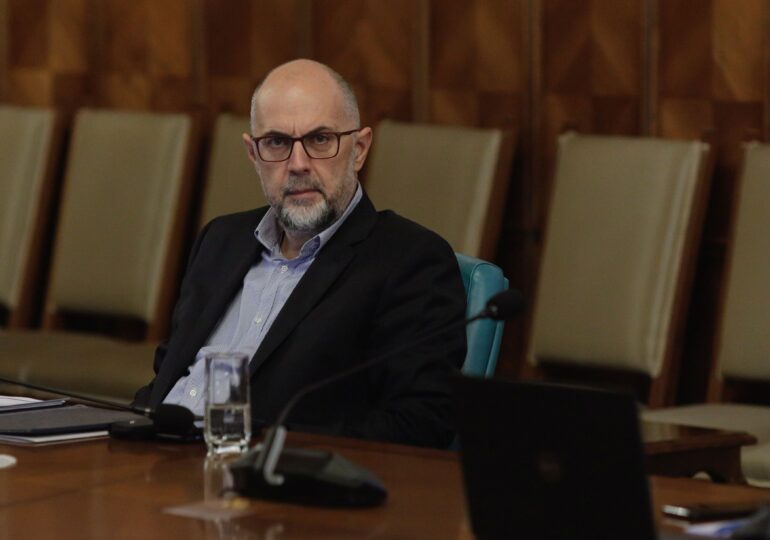The President of UDMR, Kelemen Hunor, stated on Thursday evening that the head of state, Nicușor Dan, „has tremendous patience, listens to everyone, wants to understand the issue,” but the solution must be provided by the parties, as their parliamentarians will pass the Government through Parliament.
The President of UDMR, Kelemen Hunor, was asked on Thursday evening on Antena 3 why President Nicușor Dan fails in negotiations to find a solution for this coalition.
"The President has tremendous patience, listens to everyone, wants to understand the issue, and the solution must come from the parties, not from the president, not from the majority. Until the majority proposes a prime minister, the president cannot do anything because that prime minister must have a majority and must pass through Parliament.
Yes, according to the Constitution, the president nominates the prime minister, but before making a nomination, there must be a proposal from the parties that make up the majority or at least from a single party," Hunor replied.
- Tensions continue. Fifor: Before making jokes about couple therapy, UDMR should look in its own yard. Csoma Botond: Fifor doesn't know what he's talking about
- Scandal in negotiations between Ghinea (USR) and Rafila (PSD): "Lazy, incompetent, and irresponsible" vs. "Understands very difficultly, in general"
The ball is in the parties' court
According to the UDMR leader, "the ball is not in the president's court, it's in ours, in the parties' court."
Asked why they went to Cotroceni three times and came out the same way they entered, Kelemen Hunor jokingly stated: "Of course, we came out the way we entered because we weren't kicked out. Maybe next time the president will kick us out if we don't go with a solution, and I wouldn't be surprised, but each time we have made some progress. These are not simple discussions."
He reiterated the idea that "there can be no majority without PSD and PNL."
”This is life, we must understand. This is mathematics. It can be done without UDMR; we have nothing against it if that will be the solution, we don't argue, we don't get upset because PSD, PNL, USR have the majority. Or it can be done without USR; it's a thinner majority with PSD, PNL, UDMR, but it's still called a majority," Kelemen Hunor added.
Also asked if a prime minister has been proposed in the negotiations, Kelemen Hunor stated: "There is no proposal at this moment. From anyone, neither PSD nor PNL. There is no proposal. I don't want to go into details. There is currently no proposal for prime minister from this coalition, but if someone doesn't take the lead, we risk going beyond June 20 with the negotiations."
The government program, in broad terms on socio-economic chapters, is written
Kelemen Hunor also mentioned that the negotiations for forming a government are quite advanced - around 7-7.5 to 8 - the government program, on socio-economic chapters, being written.
"Around 7-7.5 to 8. There are many issues where you saw that there were no divergences. So, the government program, in broad terms on socio-economic chapters, is written. Some aspects need to be discussed politically. You haven't heard anything about that because things have progressed relatively quickly," said the UDMR president when asked about the stage of the negotiations for forming the Government.
Kelemen Hunor stated that by Monday afternoon, almost all chapters were closed.
"Regarding taxation, there are still ongoing discussions, and there we need to find acceptable solutions, on the one hand, for citizens primarily, not just for politicians, and of course, for the whole society, because this upcoming government, hopefully in a few days, (...) must show that it is a fair and just government and does not only put pressure on citizens and the economy but also on central administration and local administrations, and where there are extravagant things, extravagant expenses," added Kelemen Hunor.
Since the beginning of the week, the leaders of the parties that are expected to form the coalition and economic experts have been discussing measures to reduce the deficit and develop a plan of measures to be implemented by the future government.

